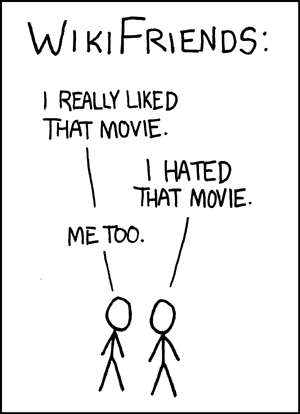Hm, the research results appear a bit strange to me. Other source links:
http://www.theregister.co.uk/2013/08/09/online_forum_comment_study/http://seanjtaylor.com/post/57714926977/science-paper-on-social-influence-biasFirst off, there's an average of 3 votes per comment, they also claimed to have moderated (up, down or nothing) each of the over 100,000 comments, while other users provided around 300,000 votes. That's a
massive intervention.
Now, i don't think they were that stupid, but if the average comment gets 3 votes, you upvote a random subset and then look at the
final score (it explicitely says so) of those upvoted comments, what would you expect? Around 25% increase, right? Did they just measure their own votes?
That aside, i find it hard to see the 25% increase from control to up-treated in this graphic:

I mean, the density of the deep black areas is hard to estimate, but 25% should definitely look a bit more pronounced.
Assuming they did their homework and didn't count their own votes in final scores, then this study wants to tell me that upvoting something gives it, on average, 25% more votes compared to not upvoting it. If i were to run another "random vote bot" on the same studied group, would the effect stack (i'm aware the double-upvoted sample will become smaller each time)? Would a comment that receives 2 random upvotes get, on average, 56% more final score?
Granted, the fact that other people's opinions (massively) affects your own opinion is nothing new.
 http://xkcd.com/185/
http://xkcd.com/185/PS: Is there a way to have image alt texts? Edit: Thanks mojjj. It's not producing erroneous results, however i don't get an alt-text while mousing over either. Image info shows me it's there, but...

